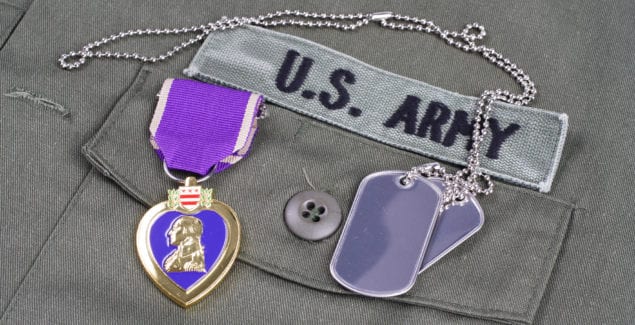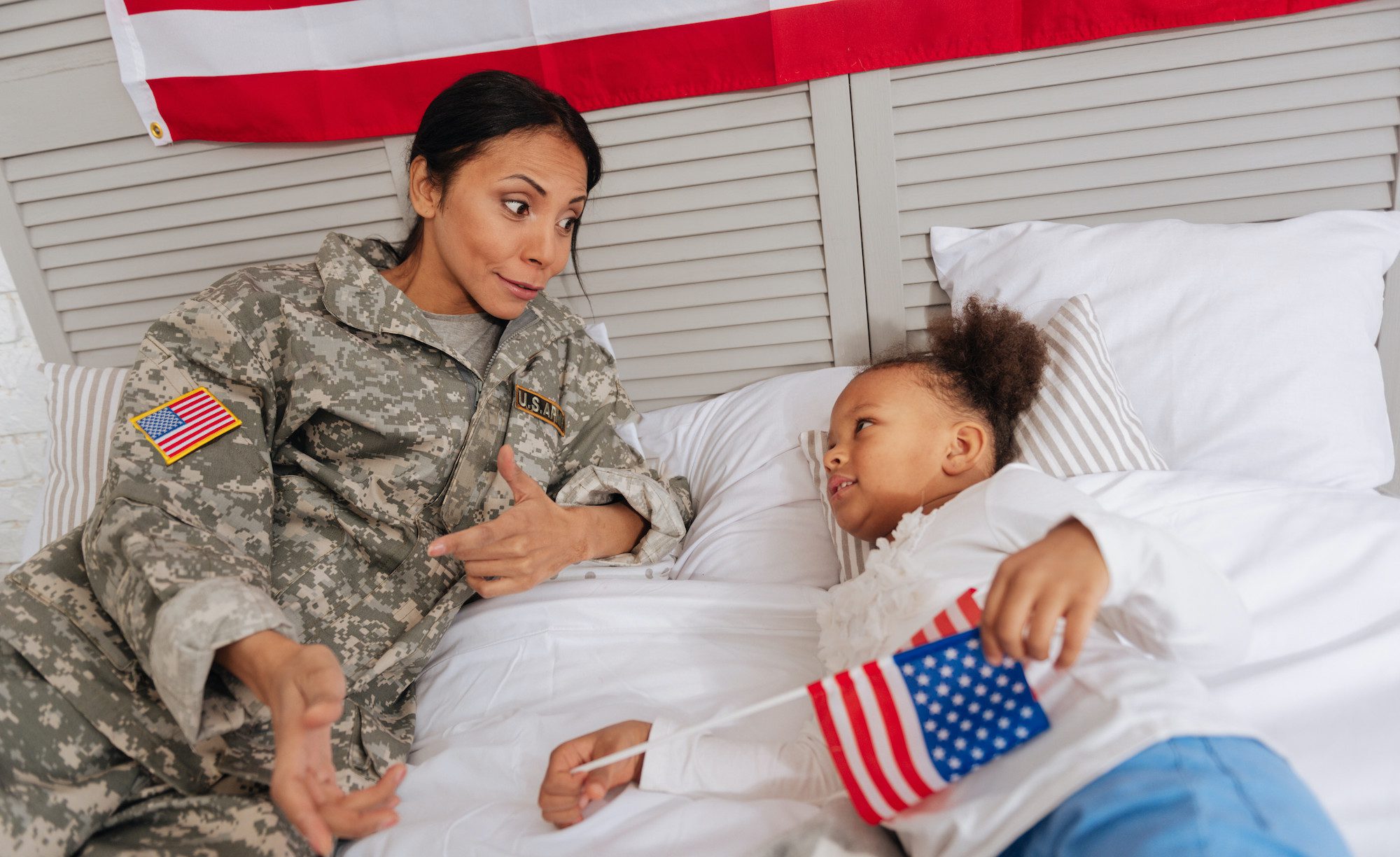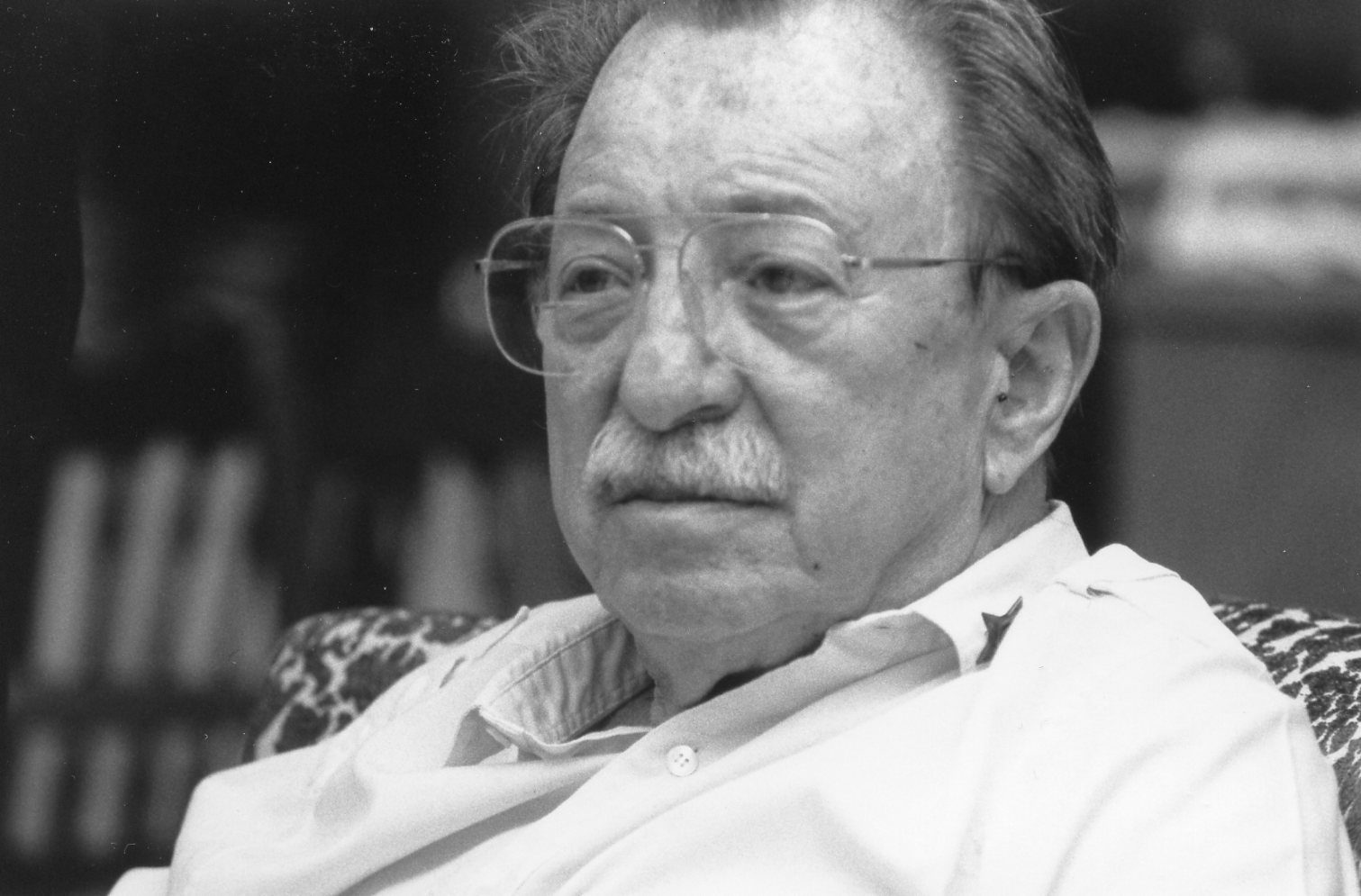Why Are We Denying Purple Hearts To Veterans With PTSD?

Posted in: Hot Topics
Topics: Mental Illness + Psychiatric Disorders, Stress
I have seen Arthur Segaloff* for psychiatric care for over 20 years. He suffers from severe post-traumatic stress disorder (PTSD) following his two tours of duty in Vietnam.
Arthur attended the University of Massachusetts, and graduated in 1969. Although he was drafted upon losing his student waiver, he chose instead to enlist as a volunteer. Soon he was training to deactivate bombs and improvised explosive devices (IEDs) in the field.
Although he proved to be quite talented, and ultimately succeeded in saving countless lives, he also experienced failure. No one can detect and suppress every device in the jungle.
Each and every death he witnessed felt like a terrible personal failure. He still dreams of the horrifying scenes he lived through in the war.
To this day, Arthur suffers from PTSD and profound survivor’s guilt. While better in many ways, he qualified for total disability based on his diagnosis, and sees me on a regular basis.
Arthur received two Purple Hearts for physical wounds incurred in 1970 and 1971, but was denied Purple Hearts for his traumatic brain injury and PTSD because they were not considered obvious physical wounds at the time.
I appreciate the profound impact PTSD has had on his life—his daily flashbacks, impaired sleep, obsessions over what he could have done to save more lives, extreme vigilance to protect the ones he loves. Not a day goes by that he doesn’t question himself.
It defies me that he has not earned Purple Hearts for these long-lasting effects of PTSD—awards to stand beside the two Bronze Star Medals for Valor he received.
In 2009, the Pentagon decided not to award the Purple Heart to veterans. This decision was supported by the Military Order of the Purple Heart (MOPH). Despite their sympathy for those who suffer from PTSD, the MOPH contend that the award is for those who have suffered physical wounds on the battlefield. In their view, the loss of a limb or any other combat wound is a permanent loss, whereas PTSD is a treatable disease. And, they argue, some may feign illness in order to receive medical treatment at the VA.
Others claim that the psychological, emotional and moral injuries of war deserve the same recognition as physical injuries. While psychiatric conditions are not visible, the cost imparted on the individual and family is devastating. Furthermore, there are sound scientific findings that PTSD and other psychiatric consequences of battle have profound physical effects on brain structure and function.
Let’s face it: the brain is an organ of the body. It may be insulted by traumatic brain injury such as a concussion, or by derangement of neural circuits (as is the case in PTSD). And, while some individuals may heal and adjust, for others, suffering is life-long.
Why should we discriminate between a soldier who has lost a limb, yet worked through a rehabilitation program and gone on to build a good life for himself, and one who has been severely traumatized psychiatrically, yet worked through a treatment program and gone on to do the same? Both have sustained the scars of war. Both have served our nation. Both have had to cope with hardship along with their families, who have watched and endured their suffering and recovery.
There is a high correlation of suicidal thoughts, attempts and behaviors in those who suffer from PTSD, and research suggests that for Veterans with PTSD, the strongest link to both suicide attempts and thinking about suicide is guilt related to combat. The U.S. Department of Veteran Affairs reported that in 2019, more than 17 veterans killed themselves every day, and that suicide rates were highest among younger Veterans, ages 18-34. In fact, the severity of suicides among veterans has resulted in the U.S. Senate and House unanimously passing the Clay Hunt Suicide Prevention for American Veterans (SAV) Act.
In a previous post, I talked about my dad’s undiagnosed PTSD following World War II. Back in those days, we had no idea what PTSD was, how psychological and emotional trauma affect brain structure and function. Now we do.
With our increased knowledge of trauma and its impact on our veterans’ brains, minds and emotions, how can we sit on the sidelines and not at least honor their sacrifice?
How can we not provide better services for the emotional consequences of war? How can we let our soldiers serve us, and then stand back while they suffer horrible invisible wounds?
We should not allow the stigma of psychiatric disorders to add insult to injury for our veterans.
Arthur and many like him deserve Purple Hearts.
***
A Note From Arthur
Vietnam veterans are a national resource, very often untapped and yet shuffled aside. Many of us are in our 60s and 70s.We are dying by the hundreds. We are homeless. We fill many prisons.
What could we possibly do to help our younger brothers and sisters in arms? We can make sure that a generation of veterans is never left behind again. We see and experience firsthand the flaws in the current delivery of veterans’ mental health services; I, for one, see veterans at the USO and the Red Cross as a veteran volunteer.
Confusion, social disconnection and PTSD still exist—in fact, even more so than expected because this is a volunteer military. Yet, adequate mental health treatment programs and support groups, job creation and an overall sense of self-worth are lacking. PTSD does not go away by itself; we who suffer from it face daily challenges to survive. The young veterans of today need to be educated about their benefits. They require mentors and advocates. Most successful treatment systems begin with outreach and grassroots efforts.
Our Vietnam generation will not leave anyone behind.
Arthur Segaloff, B.A., M.Ed., CAGS
RVN combat veteran 1970-1972
Combat Engineer Sapper
100% service-connected disabled
* Arthur Segaloff has given permission to reveal his relationship with Dr. Beresin.
If you are a Veteran in crisis, or concerned about one, please connect with the Veterans Crisis Line:
- Call: 1-800-273-8255 and press 1
- Text: 838255
- Chat online
Was this post helpful?
Newsletter
Subscribe Today
Your monthly dose of the latest mental health tips and advice from the expert team at The Clay Center.
SubscribeMultimedia
Quick Jumps
Tag Cloud
-
addiction
ADHD
adolescents
anorexia
anxiety
autism
behavior
CBT
child development
children
college
communication
covid-19
depression
digital media
dyslexia
eating disorder
evaluation
family
fear
healthy development
learning
learning disabilities
learning disability
mental health
mental illness
parenting
parents
Podcast
PTSD
relationships
resilience
school
shrinking it down
social media
stigma
stress
suicide
technology
teenagers
teens
therapy
trauma
treatment
violence

 Share
Share Tweet
Tweet





